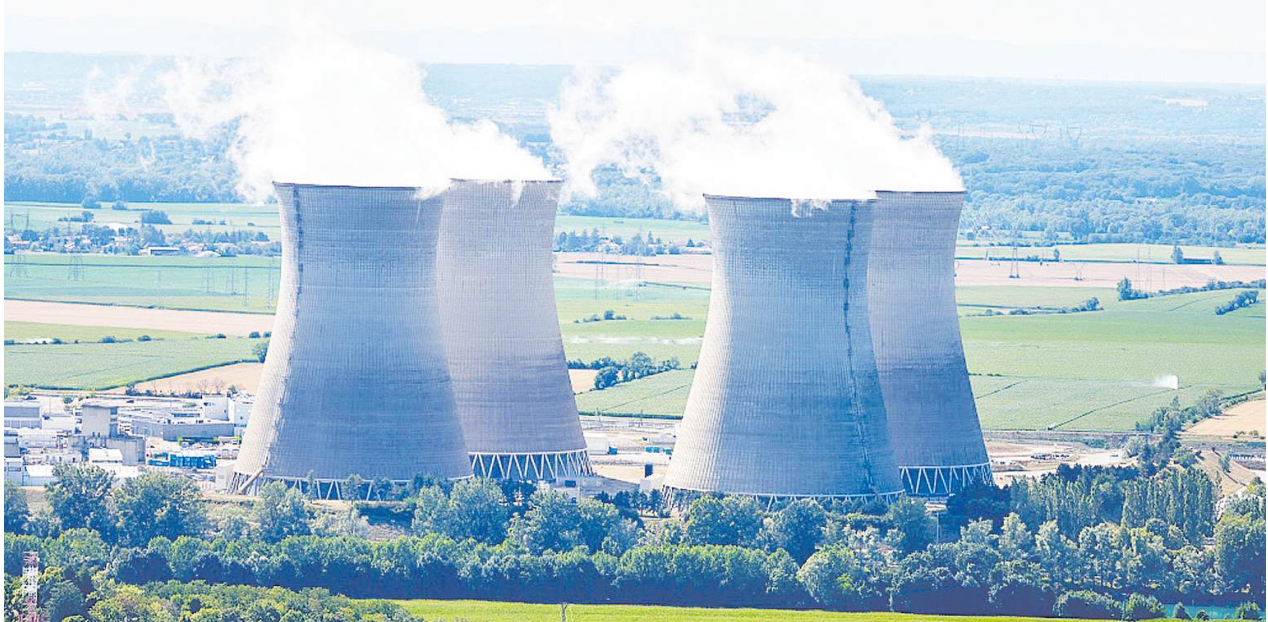

This month’s electricity bill in the United Kingdom is one pound? I just put it in the box below the shelf, and there is no interrupted power supply.
How can it be this cheap? My housemate and I took turns to pay for the monthly electricity bill in our two-bedroomed rented apartment in England, as we both pursued our postgraduate degrees at the University of Leeds.
What baffled us was that there were no blackouts or what is called load shedding in South Africa, a phenomenon that would at times see traffic lights go off, thus causing jams at various intersections of the busy streets of Johannesburg.
Kenya is a fast-developing country, and with the intentionality of the fifth administration in implementing its manifesto, the country’s energy needs are bound to rise.
It is true that we recently discovered oil in Turkana, and that we have boundless potential on solar, geothermal, wind, hydro and other forms of energy. However, our country is punching below its weight, with only about 3,321 megawatt that include 940MW from geothermal and 614 from thermal, according to 2024 data.
As we purpose to implement the Beta Plan, the net effect will be increased industrialisation especially through the value chains that will be connected to the Counties Aggregation Industrial Parks and the Special Economic Zones.
Our country needs more energy sources to leapfrog into the future. Nuclear energy is reliable because of its renewability and cleanliness.
Most of the industrialised and therefore developed countries have nuclear energy to power their development. This fact is clearly evident when you look at the nuclear power footprint in Africa.
Only South Africa has a nuclear power plant, followed by Egypt that is in the race to set up one. Kenya and Ghana come in third in this race to join the big club.
It’s instructive to note that the South African economy is more than three times our economy, and is the biggest, in Africa. Kenya is ranked the sixth continentally, and third in sub-Saharan Africa.
There are fears associated with nuclear plants, especially after the 1986 Chernobyl accident in Russia. However, almost 40 years later, a lot of lessons have been learnt from the incident, leading to better technology and greater safety.
In order to ready ourselves for the uptake as a country, the government set up the Nuclear Power & Energy Agency, led by the CEO Justus Wabuyabo. The organisation was established as the Kenya Nuclear Energy Board, whose founder CEO was, Ochilo Ayacko, the current governor of Migori, and a former Energy minister in the President Mwai Kibaki administration.
Currently, Kenya is already using nuclear technology for treatment of cancer at the Kenyatta University Teaching, Research and Referral Hospital, and in preserving foods, away from using pesticides that are harmful to human beings.
Some of the benefits include renewability and cleanliness since the energy produces virtually no greenhouse gas emission during operation, making it a powerful ally in the climate change action and justice since it will help us achieve our national carbon reduction target.
Secondly, a nuclear power plant operates 24/7, thus guaranteeing a stable and reliable supply of electricity that is critical to the development of the industries. This will lead to sustained economic growth by preventing load-shedding and power black outs. It is also true that upon establishment, a single nuclear plant shall generate about 10,000 jobs for our young people.
Phase 1 (2010-2021) includes the considerations before a decision to launch a nuclear power programme is taken. Kenya has completed phase 1 in which the country has undertaken pre-feasibility studies, established the National Nuclear Regulator (Kenya Nuclear Regulatory Authority), commenced capacity building initiatives and identified best and alternate sites for the nuclear power plants in Kilifi and Kwale, respectively.
The third and final phase will be after 2034, going forward, in which the country is expected to commission the first nuclear power plant, thus creating more than 9,000 short to medium term jobs and over 1,000 permanent jobs for the operation and maintenance of the plant.
As a country, we need to do what it takes to attain this status, in order to guarantee our development into the future, if we are to maintain our status as an upcoming economic powerhouse in Africa and the world.
Writer is the Government spokesperson













